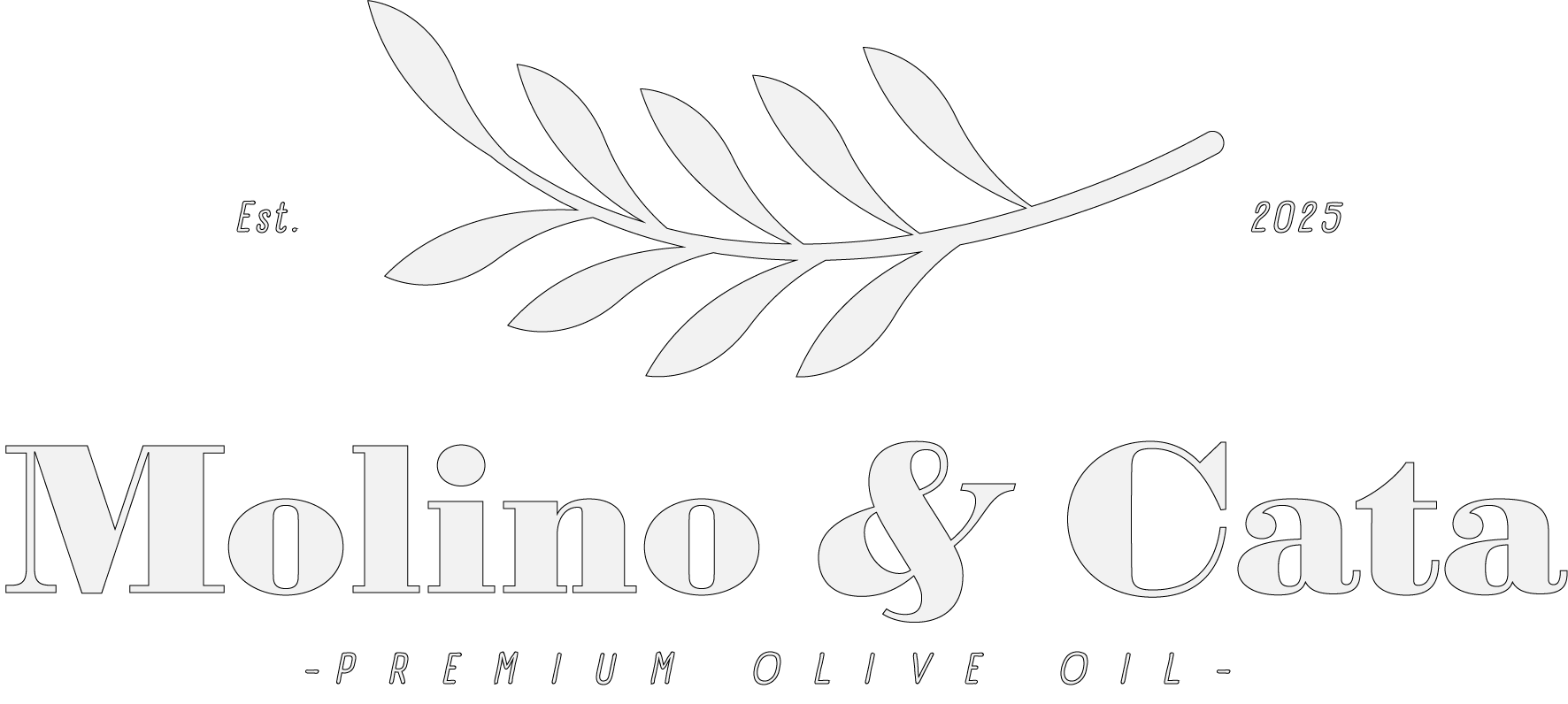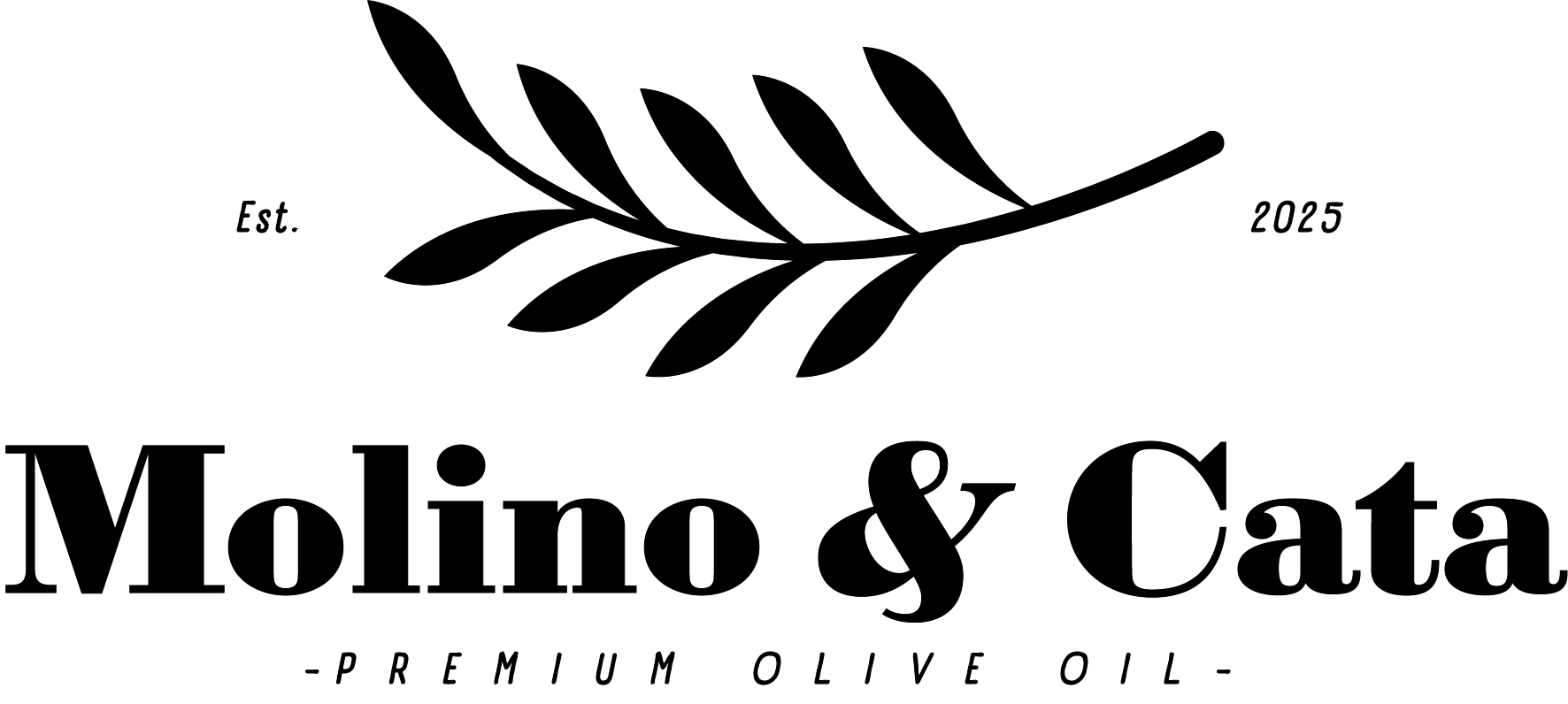Extra Virgin Olive Oil Guide
The first monopoly in history
2000 years ago.
Ancient Greece.
A frustrated philosopher.
Contrary to popular belief, philosophers were not seen as scholars or respected individuals. Quite the contrary. They were considered freeloaders. People without a profession who used words to charm a group of believers.
If you wanted to be a philosopher you were either rich or most likely doomed to be an outcast.
In this situation, a philosopher criticized for his poverty because philosophy is not a practical or productive activity decides to change the tables.
Thales of Miletus. The one with the triangles.
To demonstrate that philosophers could enrich themselves if they wanted, but that it simply wasn't their priority, Thales decided to give a practical lesson.
Using his knowledge—likely related to observing weather patterns or natural cycles that suggested a bountiful olive harvest—he predicted that the coming year would be exceptional for olive oil production.
The harvesting, gathering, and milling of olives was one of the most important economic activities in various areas of Greece.
After the olive-pressing season ended in early spring, a period of zero activity for the oil mills, Thales negotiated with the owners of the presses in Miletus and on the island of Chios to acquire the rights to the first pressing of the following season.
He would pay them a modest sum of money for the right to be the first to bring his olive the following year.
When harvest time arrived, his predictions came true. It was going to be a splendid season! However, when the farmers began to take their olives to the mills, they encountered a surprise. They couldn't crush their precious fruit because the first pressing rights belonged to Thales of Miletus.
Not just those from that oil mill. Tales had bought the rights to all the oil mills in the area.
Thales, having the rights to the presses, was able to establish and resell those rights to farmers, earning a considerable sum of money.
This episode, which is studied as one of the first examples of the creation of monopolies in the schools of economic theory, is described by Aristotle in the treatise Politics (Book I, 1259a).
Liquid Gold
Olive oil is a product worth billions of euros annually. Spain produces 70% of the European Union's olive oil and 45% of the world's. It accounts for 1% of the Gross Domestic Product.
Andalusia accounts for 80% of Spanish olive oil production. Jaén stands out as the world's epicenter of olive oil.
It's easy to imagine why they call it Liquid Gold or Green Gold.
But like gold, not all Olive Oils are the same .
Depending on their quality we can distinguish three categories:
- Extra Virgin Olive Oil (EVOO): This is the highest quality olive oil. Obtained exclusively by mechanical means and under thermal conditions that do not alter its characteristics. Impeccable and flawless flavor. Contains abundant natural antioxidants that contribute to its fruity, bitter, and spicy taste.
- Virgin Olive Oil (VOO): Also produced mechanically. However, it has minor organoleptic imperfections resulting from the treatment of the olives during harvesting or processing. Although it can be consumed, it is a lower-quality oil.
- Lampante olive oil: This oil is also obtained mechanically and exhibits significant changes in both its physical and chemical characteristics and its sensory properties. It cannot be consumed as obtained and must be refined.
Throughout this guide, you will see me refer specifically to EVOO - Extra Virgin Olive Oil - since what is commonly known as Olive Oil is neither a great product nor does it provide any health benefits, as we explained in the article about the differences between virgin and extra virgin olive oil .
I'll tell you about it below.
The oil we consume
You have probably bought refined oil with a certain acidity level at some point.
It is the one that only shows "Olive Oil" on the label.
It is a blend of refined oil obtained from the lowest quality virgin oils with a small proportion of Virgin or Extra Virgin oil to give it flavor. Since refining eliminates defects but also phenols and aromas, it is a neutral fat with a good structure but a low content of antioxidants that are beneficial to health.
In recent years, two designations have become popular in the market: Mild Olive Oils and Intense Olive Oils. Both are a blend of refined olive oil, ready for consumption—remember, a fat—with a small proportion of Virgin Olive Oil, higher for intense olive oil and lower for mild olive oil.
And what about other adjectives?
You may have heard of unfiltered olive oil or first-pressed olive oil . Let's take a look at them.
When oil is produced, the final product contains a proportion of water and organic matter that is filtered using special sheets. Removing this water and organic matter allows the oil to remain in excellent condition for longer. If not removed, these residues will begin to ferment within a few weeks, affecting the quality of the entire product.
The next time you hear someone rave about the wonders of unfiltered oil, consider that despite potentially having better aromas, it runs the risk of rapid degradation due to organic residues.
Do you prefer filtered or unfiltered water? Me too.
In any case, and although olive oil does not expire , keep in mind that preserving olive oil is essential to maintain its quality and characteristics.
This preservation is especially important in early harvest oils with a strong green color indicating a high chlorophyll content, which is pro-oxidant in the light and antioxidant in the dark.
The case of First Press Oil is more paradigmatic. The traditional method of producing oil was using baskets between which the olive mass was placed and then pressed. The residue—known as pomace—was then removed, and the baskets were reused for the next pressing.
This caused a buildup of pomace residue, which over time gave the oil a winey, stale flavor. This is why first-pressed oil was sold as higher quality because it had less contact with the stale.
Today, these methods are practically unused, and the oil is extracted continuously and in a controlled manner to prevent these defects, with strict oversight over the entire process. This is why first-pressed oil practically does not exist.
Early harvest, premium or high-end oils , however, have become very popular in recent years and are increasingly appreciated by consumers.

